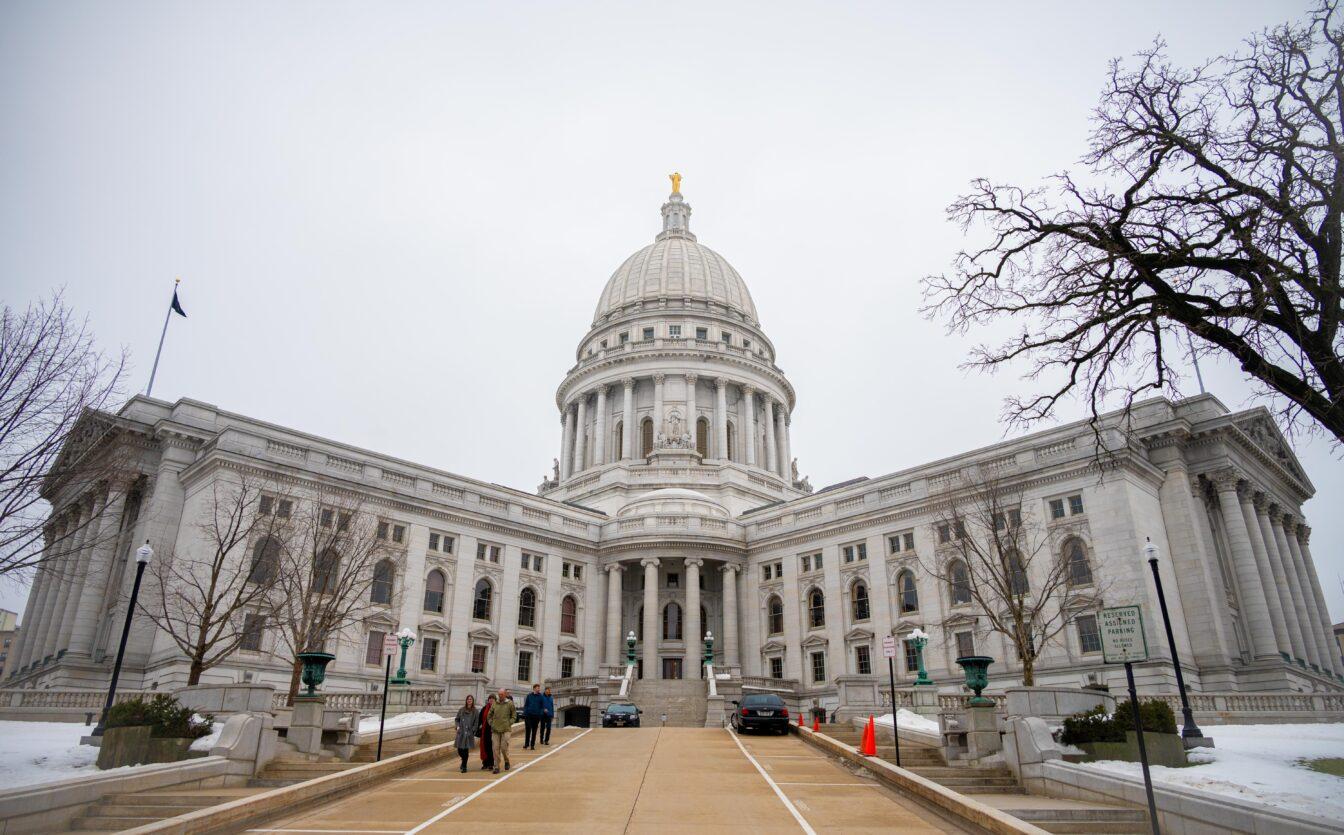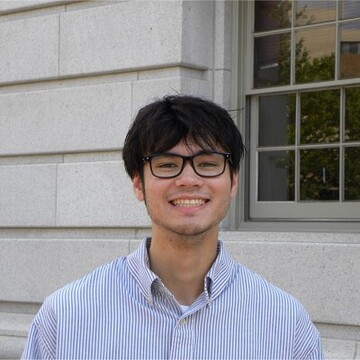The Badger Herald sat down with State Sen. Kelda Roys, D-Madison and State Rep. Deb Andraca, D-Whitefish Bay Feb. 5 to talk about a proposed bill that would prohibit firearms on university campuses across the state of Wisconsin. Current Wisconsin law prohibits firearms in certain public buildings, but it does not apply to Wisconsin university buildings.
Below is a transcript of the conversation, which has been edited for style and clarity.
BH: Could you talk about what inspired you both to draft this bill and what you hope will come from the bill?
Andraca: A group of professors approached me initially with this because they wanted to make sure an entire campus had consistent gun laws. They brought the issue to my attention. And having two kids in college, I said, absolutely. We want to make sure that our campuses are as secure as our K-12 schools. We worked a lot to make sure that if somebody was driving there are roads that just go through campus that are partly campus property and part not, it was a lot more complicated than we expected. We took a lot of time to make sure that we got something that people can live with. We know what college campuses are like. We want to make sure they’re as safe as possible, particularly now. Where there’s just more guns in more places than ever before.
BH: You mentioned a group of professors brought this to your attention, could you elaborate on this?
Roys: I represent the University of Wisconsin-Madison in the State Senate and PROFS is a group of professional faculty and staff that represents their interests and the interests of students. They work with the shared governance process such as it exists to create policies on campus that facilitate learning. They’re interested in all sorts of things like making sure that the engineering building gets built, making sure that faculty have tenure protections, making sure that you know students are safe on campus and this is one of the issues that they felt was important, and they wanted to see some consistency on it.
BH: You’ve both discussed this bill with the organization PROFS. Have you both talked to any students, and if so what feedback did they give you and how would you incorporate that feedback into the bill?
Roys: I certainly have. I’ve talked to young people prefer to work in my office on my own Step Two hunters who have been active on gun safety laws for years and as well as student journalists who are interested in this issue. And what I have heard is gratitude because they continue to feel that our laws are inadequate in terms of protecting people from gun violence and some frustration that an issue that should have so much broad support in the public is not able to move through the legislature because it is so heavily gerrymandered everything that happens in the Capitol has to go through this huge partisan process with take bills if they’re offered by Democrats.
Andraca: We reached out to March for Our Lives. Students demand action and there’s also a group called the campaign to kick guns off campus, and so spoke with them and and he’s the one who also pointed out how, how much of an outlier Wisconsin is, in that our law currently, you must allow guns on campus unless it’s pretty she was just talking about how, how unusual it is and how much she would like to see. You know, just some sort of consistency.
BH: How can students get involved in advocacy for this bill?
Roys: Voting is always critically important and especially this year, because for the first time in 15 years, we will have fair legislative maps which will give us the chance to have a legislature that is more reflective of people’s actual views. Wisconsin is pretty much a 50/50 swing state. We’re a classic purple state, and yet our Legislature has been dominated about two-thirds by the Republicans because of the way the maps have been drawn. So this year really, more than any other in recent memory, is the most important year for students to get out and vote and make sure you vote all the way up and down the ballot. The state legislature is where a lot of these policies happen. Funding for the university. addressing student loan debt and other bills I have authored together and, you know, certainly gun safety, abortion rights, right, all of the things that, you know, you think college students are concerned with? And, you know, so that’s a big piece of it, but I would say beyond that this is an issue that I think brings people together across political party because everyone wants their loved ones and themselves to be safe. And we don’t have that right now. So I would recommend that this is a great opportunity to talk to your friends, talk to your neighbors, talk to the people you work with. Talk to, you know, family back home, and ask them to contact their legislators. Ultimately, you know, we have college students that are on campuses all across the state, and we have college students going to college from every community in the state. And that kind of political reach could really transform this issue, especially under a regimen where we actually have fair maps where legislators finally feel that they will have to be accountable to the voters.
Andraca: It’s never been more important for young people to vote on this and so many other issues that we know are important to young people, whether it’s gun violence or climate change, or funding for the UW system and K-12 schools. Your voice isn’t being heard. And I just saw a brief story. I’m on the education committee and we had a bill in the committee that was requiring civics education, you know, teaching about how to get involved in your government and the gun sponsor. The bill sponsor, who was a Republican, was talking about how important it is for young people to know how to show up at meetings and address and petition their government. And so I asked, would you be interested in an amendment? Because about 15 years ago, all Wisconsin students were pre-registered. So when they’re 16, 17, 18, they all got a voter registration form. So as soon as they turned 18, no matter what it was, they could just go and vote. And she said, absolutely not. That’s not the purpose of this bill. And as a volunteer trying to teach kids to like, you know, get involved in their government that’s kind of get involved in your government, one-on-one. So they want to make it harder for young people to vote. And you just need to overcome that as best you can. And we want to make sure that your voices are heard, particularly in something as important as gun violence.
BH: How would this bill be enforced?
Roys: The same way that it’s enforced in K-12 schools. If someone brings a gun onto campus, and that was discovered, then they can be cited for this misdemeanor and it goes through the same process that anyone who commits any other misdemeanor would go through.
BH: How would measures under this bill differ on public versus private university campuses?
Roys: I think the main difference is, many public universities have their own police forces, like campus police and whereas many private colleges either have private security or they just rely on the local law enforcement community that is located but functionally it is the same, right? I mean, you know, law enforcement, whatever jurisdiction you’re in, you are enforcing the statutes and you know, that could be anything from underage drinking to reckless driving to sexual assault to firearm charges. So, you know, this is an existing framework, right? We’re not trying to reinvent the wheel here. This is just treated like any other. Any other charge in that you know, the police and the law enforcement are going to be the ones enforcing.



